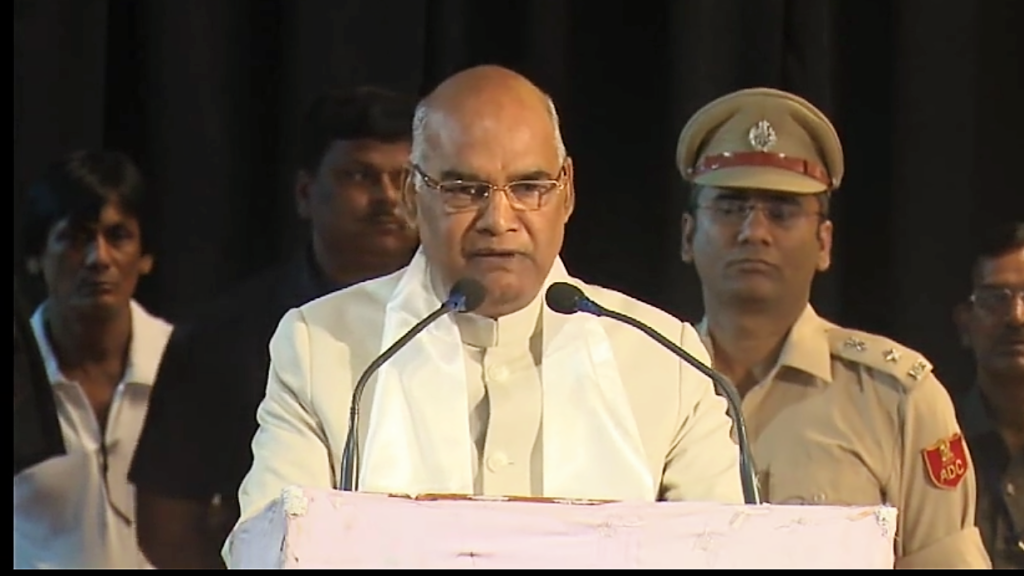
The Indian state of Jharkhand passed an “anti-conversion bill” at its Assembly meeting on 12 August, despite demands that the bill should be sent to a select committee for further scrutiny.
“This is not normal,” Indian journalist Anto Akkara told World Watch Monitor. “It shows the growing arrogance of the Hindu nationalists.”
The opposition party said there was no need for the new law, reported the Indian Express. “There are already penal provisions in the Indian Penal Code for those indulging in coercive conversion or using allurement,” said Stephen Marandi of Jharkhand Mukti Morcha, the only other party to win seats at the last general election in a state dominated by the Hindu nationalist BJP.
What has been dubbed the “Religious Freedom Bill 2017” has provision for up to 100,000 rupee fines (US$1,500) and four-year prison terms. It also states that a person converting willingly must give Jharkhand’s Deputy Commissioner details of the time, place and the name of the person administering the conversion.
If the bill is approved by the new president – who is also part of the BJP – Jharkhand will join Odisha, Chhattisgarh, Madhya Pradesh, Himachal Pradesh and Gujarat states in having an “anti-conversion law”.
The bill was criticised at its draft stage by Telesphore Toppo, Archbishop of Ranchi, who said: “This law is not to prohibit conversions, but it is against forced conversions. Forced conversions do not exist. We are free people with a free will and a free conscience and intelligence. No-one can force another to convert.”
The “freedom of religion laws” of other states have been criticised by the Evangelical Fellowship of India’s Religious Liberty Commission. In its 2016 report, Hate and targeted violence against Christians in India, the Commission highlighted a steep rise in attacks on Christians in 2016 compared to the previous two years. Two of the states with “anti-conversion laws” – Madhya Pradesh and Chhattisgarh – had the second and third highest number of attacks, respectively.